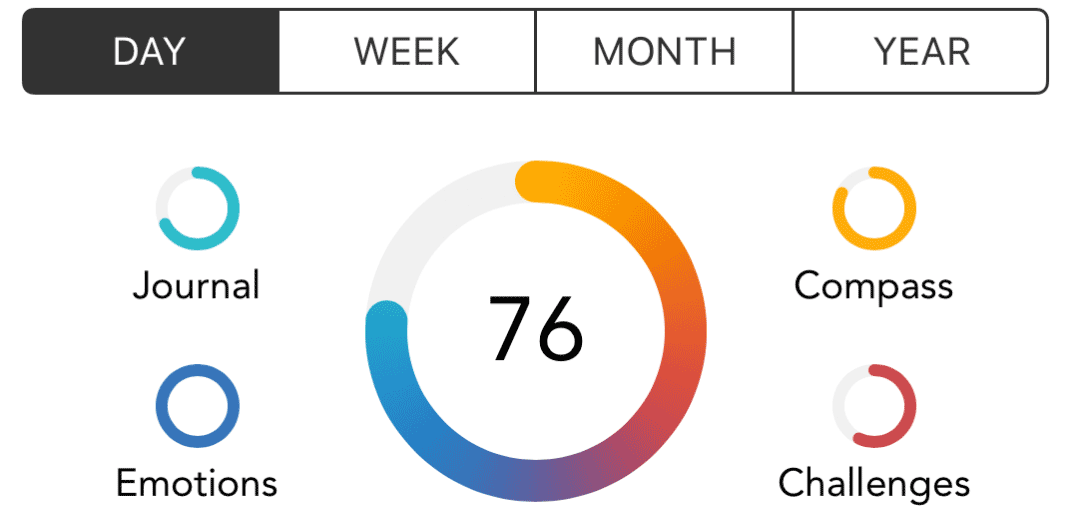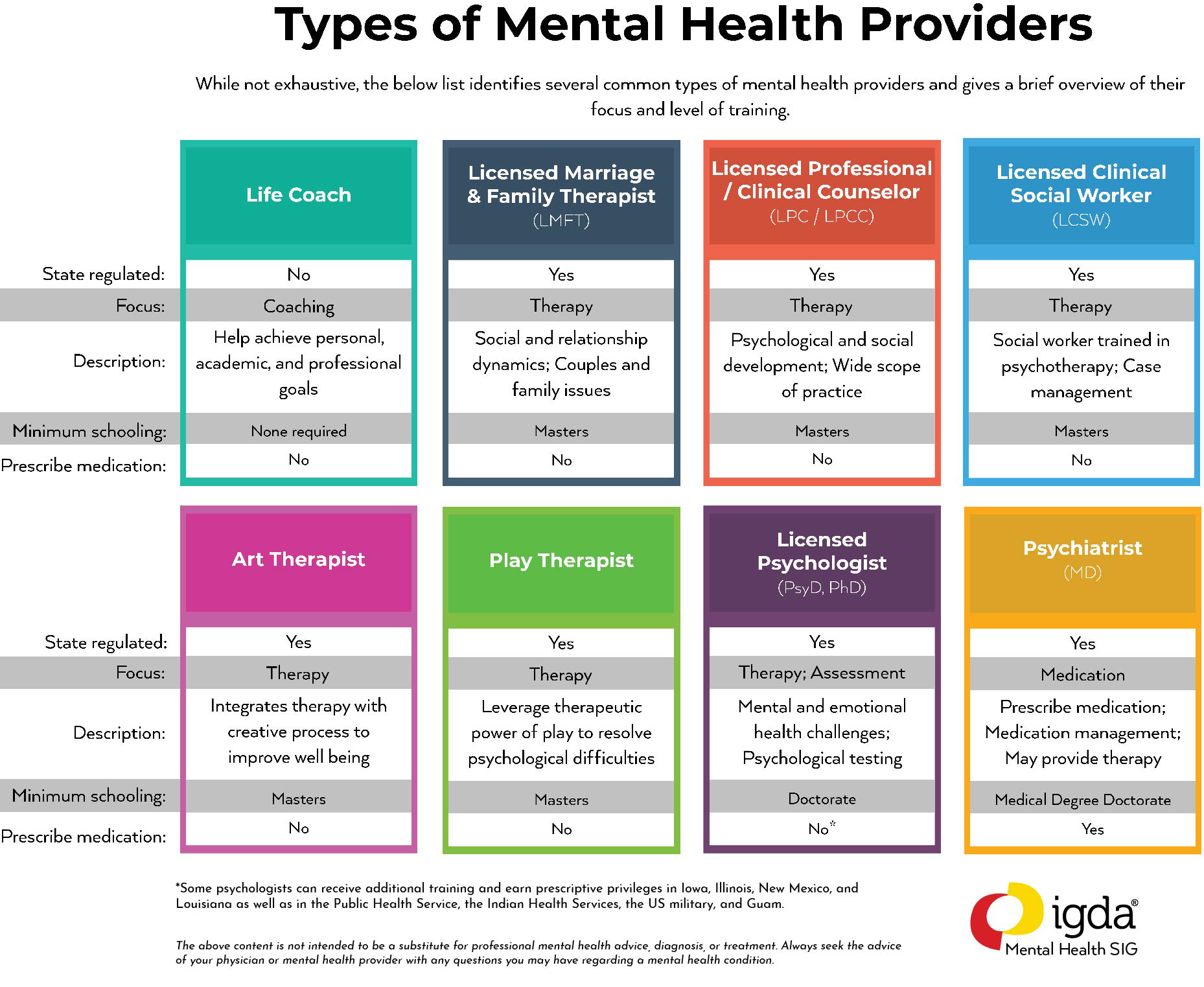

I would not recommend this type of post be a full time role for one person, due to the nature of the material, the distress and the graphic information on some of the reports. The service offers crisis intervention, emotional support and practical support, It is particularly important to be able to recognise signs of crisis in the immediate aftermath of a suicide, so being able to contact the bereaved person quickly is key.Ĥ. Most of my referrals come from this route.ģ. The confidentiality agreement is essential and real time data is hugely important to the service, it provides an early choice for families and loved ones to have early support where needed.

There are a growing number of postvention models and guidelines on everything from funding to evaluation.Ģ. Use information that is already out there via national and other local organisations. If I were to offer start-up services some tips and advice, I’d say:ġ. I can signpost, listen and offer emotional and practical support, whichever that person needs. Other times, someone will want to meet face to face for coffee and a chat. Sometimes one call and some information is enough. Early contact is essential in identifying people in crisis and needing medical support. With case work, I make my first contact with families and loved ones within the first week, Sometimes people need time to process what has happened before they can engage with support – once I have made contact the service is open to them. I have recently set up a suicide bereavement support group for those who have received a service from us and are ready to move to the next steps. In addition to case work, I get involved with local partners to meet and provide an ‘on the ground’ view of loved ones’ experiences, and also offer outreach support to schools, NHS, family support staff and voluntary agencies. This does mean having some boundaries and priorities of course. The service at present is managed effectively in the 18 hours allocated, although there is always demand to do more. I have a line manager at Lifecraft with a wealth of experience in mental health and an independent clinical supervisor. I am a mobile worker based from home, with easy access to the office in Cambridge and plenty of autonomy to manage the caseload. We are also able to support people who self-refer, however we would expect this to be within the first year of a loss. This means I am working with ‘real time’ data where I can be in touch with the family within days of a possible suicide. Once the Police report a suicide to the Coroner, I am copied in (where the next of kin agrees to support).


This allowed me to accept referrals immediately. The first priority for Lifecraft was to set up a confidentiality agreement with key partners the police, NHSE, and the Coroner’s Office. Although I looked at other services for models that worked, I had to shape our service to fit the funding we had available and to meet our local need.
Lifecraft mental health how to#
I used resources from NSPA, SASP and Public Health England around developing a service and particularly, how to evaluate. I researched good practice and spoke to other people doing the same work. This has now increased to 18 hours per week.Īs this was a brand new service, I built on the original specification from the outset. As a qualified bereavement counsellor with mental health experience, I was successful in getting the job and funded to work 15 hours (so two days) per week. Lifecraft was successful in winning the contract for delivery of the service and advertised for a person to come in to develop and deliver the service. With senior decision-makers around the table, the trust was already established between partners to make a real impact on suicide prevention. These include not least the police, Local Authority, coroner, voluntary sector. This has been vital in providing strategic direction and in keeping the key players engaged in the process of postvention work. We have a strong, effective partnership, chaired by the Head of Public Health. This helped enable the local Care Commissioning Group and Local Authority to develop a contract to commission a service in the area. Initially there were a few other services around like AMPARO in Cheshire and Outlook South West in Cornwall to research information on postvention models of delivery. Suicide bereavement support was a key part of Cambridgeshire and Peterborough’s suicide prevention strategy, to ensure information and access to support services are available to those bereaved by suicide. Working for the mental health charity Lifecraft, Fiona was responsible for setting up the service from the start and has shared some of her learnings and experiences with us. Fiona Breaker-Rolfe has the led the suicide bereavement support service for Cambridgeshire and Peterborough since October 2017.


 0 kommentar(er)
0 kommentar(er)
